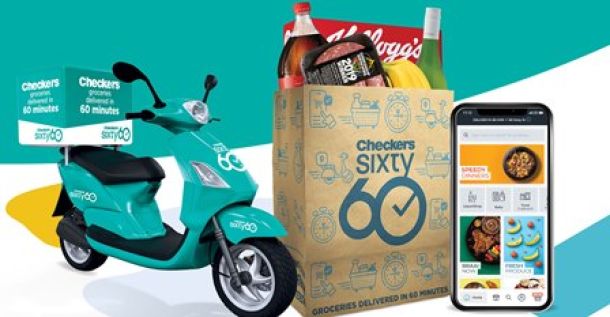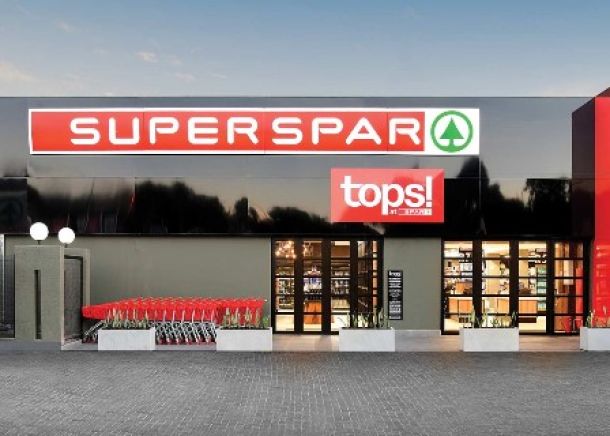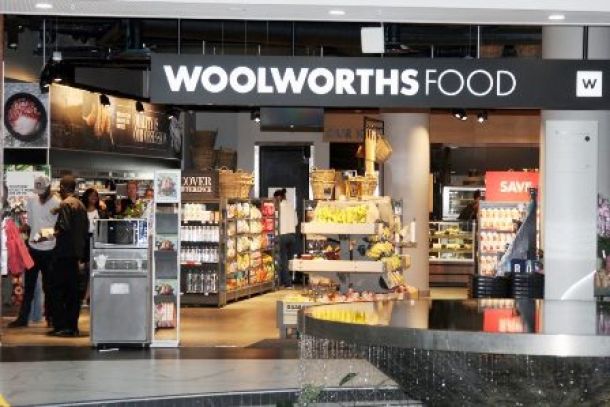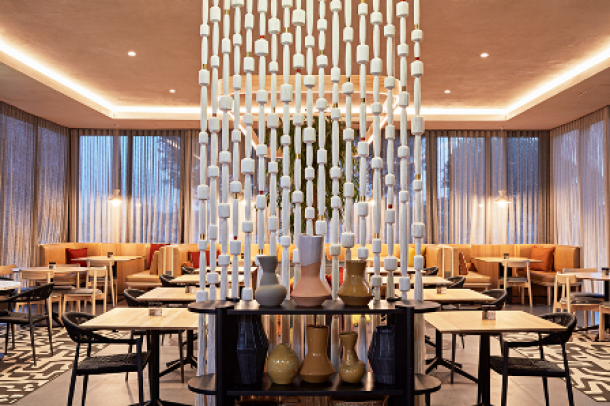Makro, Game owner looking to Africa for growth
Makro and Game’s owner Wal-Mart is looking for business opportunities in the rest of Africa, CEO Doug McMillon said.
Wal-Mart, the world’s largest retailer which owns a controlling stake in South Africa’s Massmart Holdings, is set on expanding into Africa, McMillon said in an address to the Consumer Goods Forum’s global summit in Cape Town.
“South Africa is a terrific market and it gives you something to work with but our aspirations are for the sub-Saharan African region,” McMillon told the summit. “I get really excited about it. You can put me into that optimistic group.”
Africa attracted R1trn of foreign direct investment last year, down from R1.35trn the year before, accounting firm EY said in its 2016 Africa Attractiveness report last month. South Africa, Morocco, Egypt and Kenya were ranked the top investment destinations.
Other speakers who highlighted Africa’s potential at the three-day summit that ends on Friday included Martin Sorrell, the chief executive officer of WPP, the world’s largest advertising company, Gareth Ackerman, the chairperson of South African retailer Pick n Pay Stores, Shoprite chair Christo Wiese and South African Deputy President Cyril Ramaphosa.
The continent’s poor transport links, inadequate power supply and excessive red tape are the biggest constraints to investment and growth, according to Wiese, which operates more than 300 stores in 14 African nations outside of South Africa. In some cases, the company has had to build its own roads to enable customers to access its stores, he said.
“Although the rewards can be great, so will be the challenges,” said Wiese, who has a net worth of R100.5bn, according to the Bloomberg Billionaires index. “I am an Africa optimist. Whatever the negatives, there are many positives.”
South Africa’s richest man, Wiese had some advice for companies looking to tap the spending power of Africa’s 1.2 billion consumers: stick around and have deep pockets.
“Over the years, I’ve seen too many companies set up shop, stay around for a while and then disappear again,” 74-year-old Wiese, who’s been doing business in African countries other than South Africa for more than two decades, said. “Make very sure Africa is where you want to be.”
Investor sentiment toward the world’s poorest continent has soured as a commodity-price rout and a drought slowed economic expansion. Economic growth in Sub-Saharan Africa is forecast to slow to 3.2% this year from 3.6% in 2015, and an average of 5.6% over the previous five years, according to the International Monetary Fund. The MSCI EFM Africa Index of shares has dipped 22% this year, four percentage points more than a gauge of stocks across 24 frontier markets.
The slowdown in many African nations and other emerging markets is likely to be temporary, with their economies expected to grow twice as fast as developed markets for the foreseeable future, according to Steve Matthesen, the global head of retailer services at research company Nielsen.
“The populations are growing and they have more money,” he told the summit. “There is a lot of room for them to continue to grow. Those companies that do well are those that have been there for a while. The best time to go in is when it’s the roughest time.”
Coca-Cola, which has been selling beverages in Africa since the 1920s, is among those taking a long-term view. The Atlanta-based company is in the middle of a $17-billion, decade-long investment program on the continent, according to Chief Executive Officer Muhtar Kent.
“We are investing in people, we are investing in opportunities, we are investing in facilities,” he told the summit. “Africa is on the move. Africa’s consumers are more affluent and better educated. Market economics is gaining ground. Inflation has been tamed, armed conflict and violence is down.”
News Category
- International retailers
- On the move
- Awards and achievements
- Legislation
- Wine and liquor
- Africa
- Going green
- Supplier news
- Research tools
- Retailer trading results
- Supply chain
- Innovation and technology
- Economic factors
- Crime and security
- Store Openings
- Marketing and Promotions
- Social Responsibility
- Brand Press Office
Related Articles

Checkers online shopping bonanza

SPAR eyes acquisitions to take on Shoprite

Coca-Cola Beverages South Africa appoints Rakes...

Woolworths starts selling Apple products, lapto...


